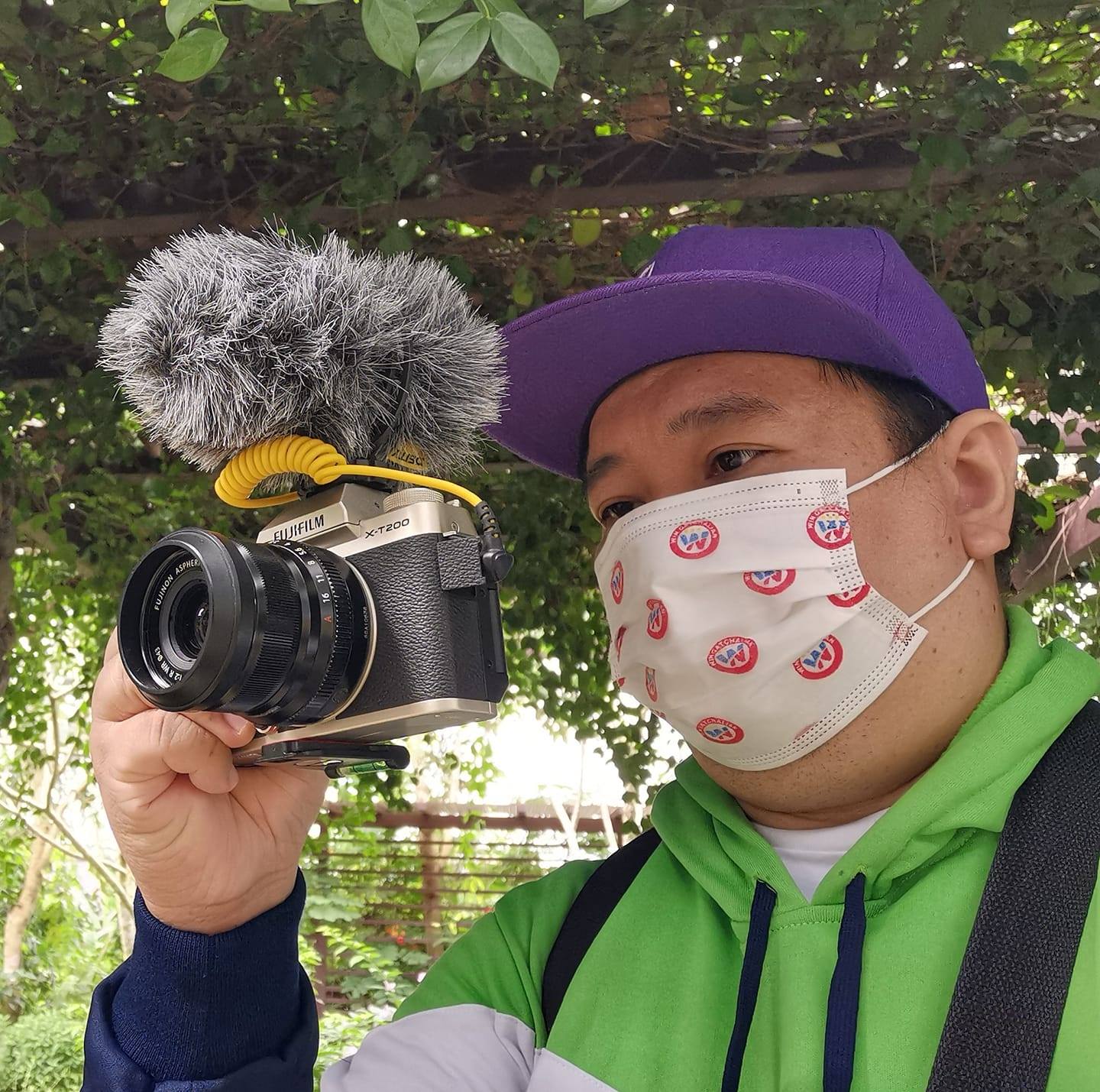According to US data, HPV or human papillomavirus is the most common sexually transmitted infection. The US Centers for Disease Control and Prevention (CDC) estimates that 50% of sexually active males and females will be infected with HPV at some point in their lives. While most infections clear on their own, depending on the virus type, some infections can cause HPV-related cancers while other types cause genital warts. Many people with HPV do not show signs or symptoms and they pass on the virus unknowingly.
Increasing awareness of the diseases HPV can cause takes on great importance amid the lack of available information on how to reduce the risk of infection that could result in serious health repercussions like cancer.
“Help Fight HPV” is a campaign aimed at sounding the alarm on the threats of HPV in both men and women. It urges Filipinos to actively participate in the crusade against HPV by spreading the word on ways to help prevent infection.
Contrary to popular notions, HPV is not exclusively a concern of women. HPV affects both men and women. It does not just cause cervical cancer, but genital warts and other HPV-related cancers also.
High-risk types of HPV cause virtually 100% of all cases of cervical cancer, which kills an estimated 12 Filipino women daily. They can likewise cause some vulvar cancers, and some vaginal cancers. The CDC also links HPV to other uncommon cancers such as anal and penile cancer.
Aside from genital cancers, certain types of HPV (low-risk types) may cause genital warts in both men and women. Genital warts affect about 32 million men and women worldwide annually.
Although a healthy immune system can usually clear HPV and there are available treatments for HPV-related diseases, there is no known cure for the virus itself. Fortunately, men and women can now be vaccinated to help protect them against certain HPV-related diseases. Consult your doctor for information about ways of helping to prevent HPV-related cancers and diseases.
Together we can do something. Help fight HPV. Find out more in www.helpfighthpv.com.









